Search Our Whole site:
Just Search: Colombia
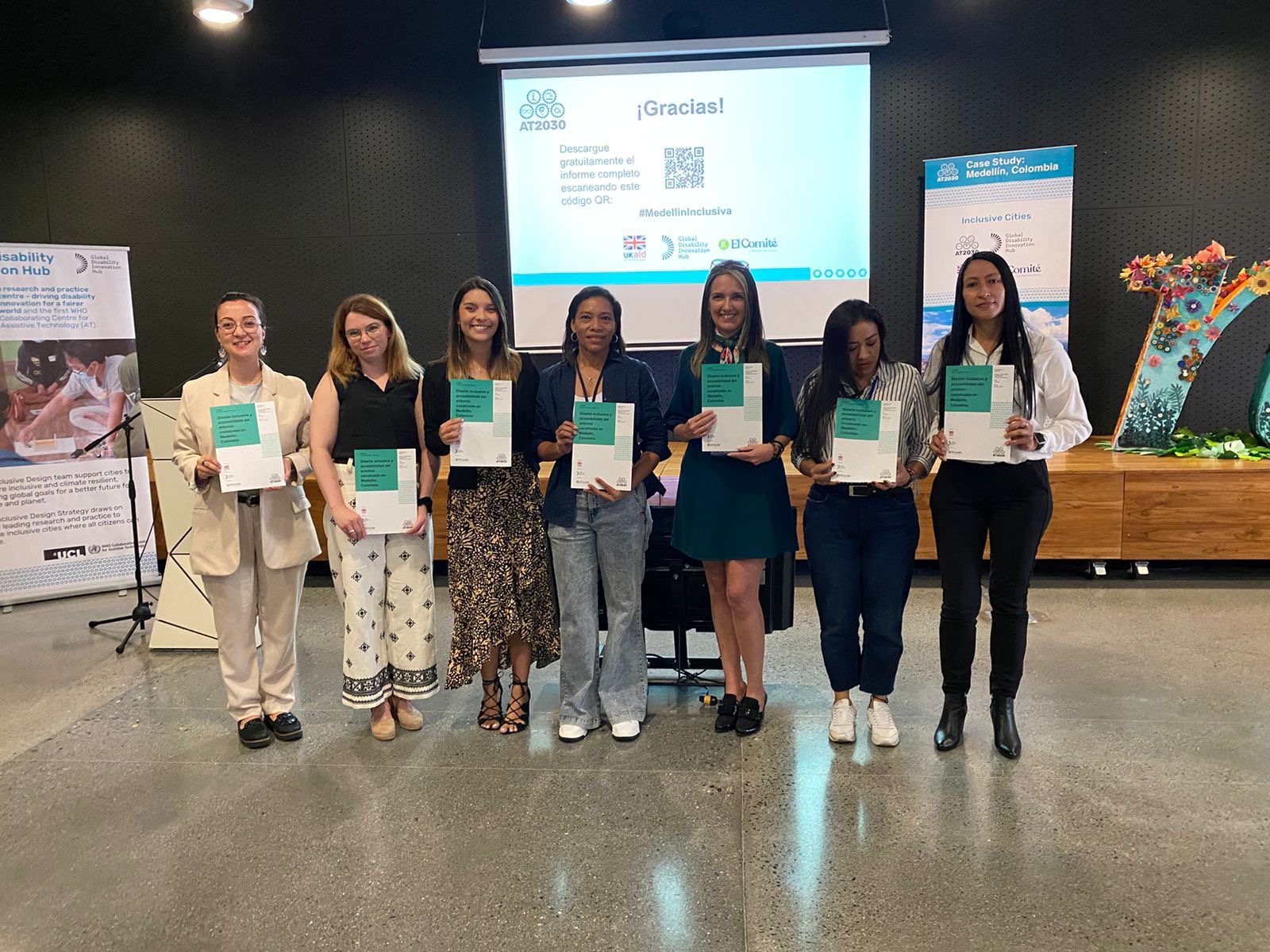
Inclusive Infrastructure Case Study Launched in Medellín, Colombia - Exploring Inclusive Environments
Medellín, Colombia is the sixth and final case study city under the Global Disability Innovation Hub (GDI Hub) led and UK Aid funded AT2030 Inclusive Infrastructure sub-programme. Colombia’s second largest city, Medellín is well-known for its progress in urban development in the last 20 years, moving forward from its violent history. Medellín has been designated a district of innovation and is known for innovative urban projects such as its cable cars and electric escalators that connect higher altitude, low-income communities on the peripheries of the city. This case study explores the current state of accessibility and inclusion in the city for persons with disabilities and helps understand whether such urban innovations are inclusive for all the city’s residents.
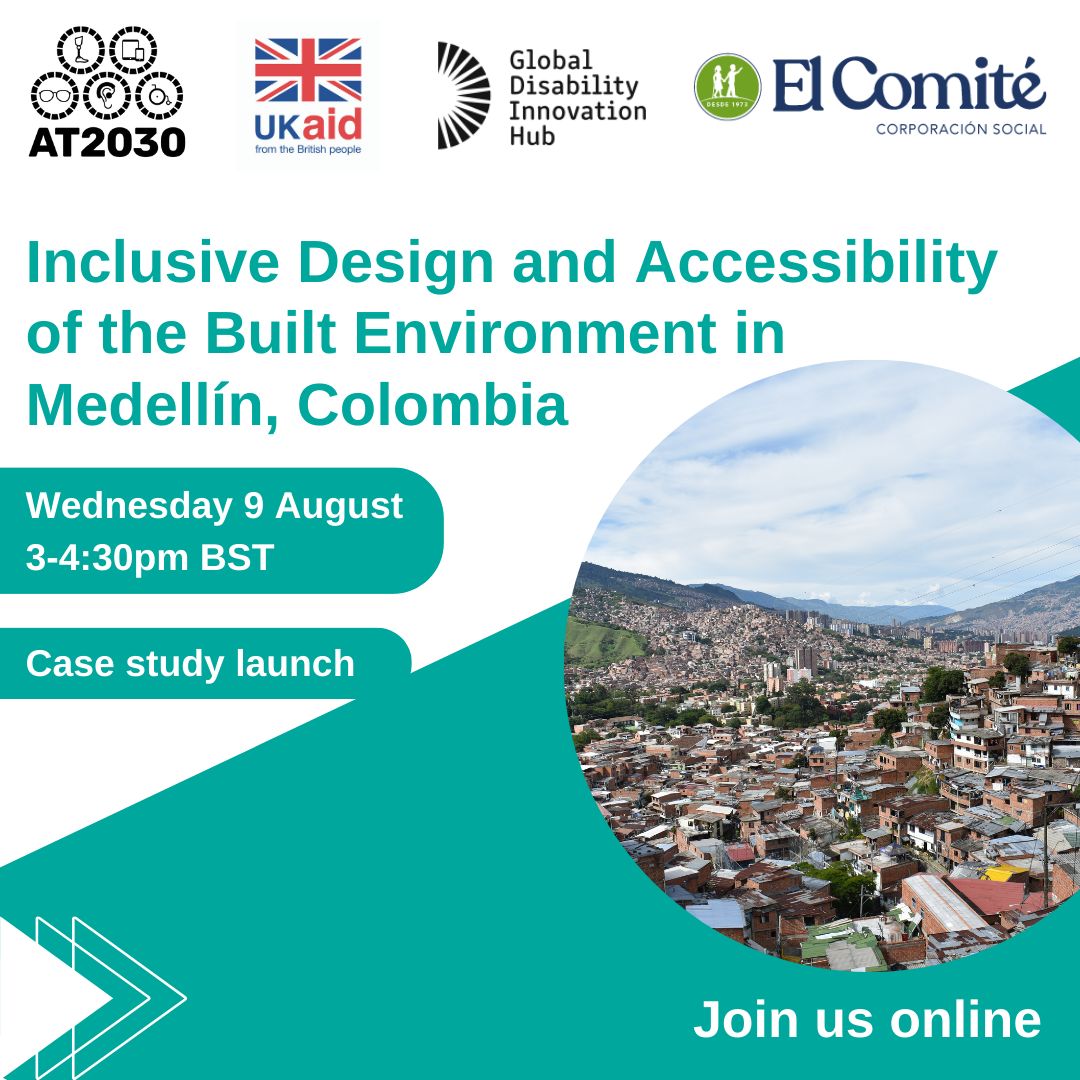
Inclusive Design and Accessibility of the Built Environment in Medellín - an Inclusive Infrastructure Case Study from Colombia
This case study shares findings and recommendations for infrastructure, built environment and urban development - with the aim of driving global action to more accessible and inclusive cities. Building a picture of the current state of the built environment in Medellín, to understand the potential for inclusive design to address barriers to inclusion for persons with disabilities.
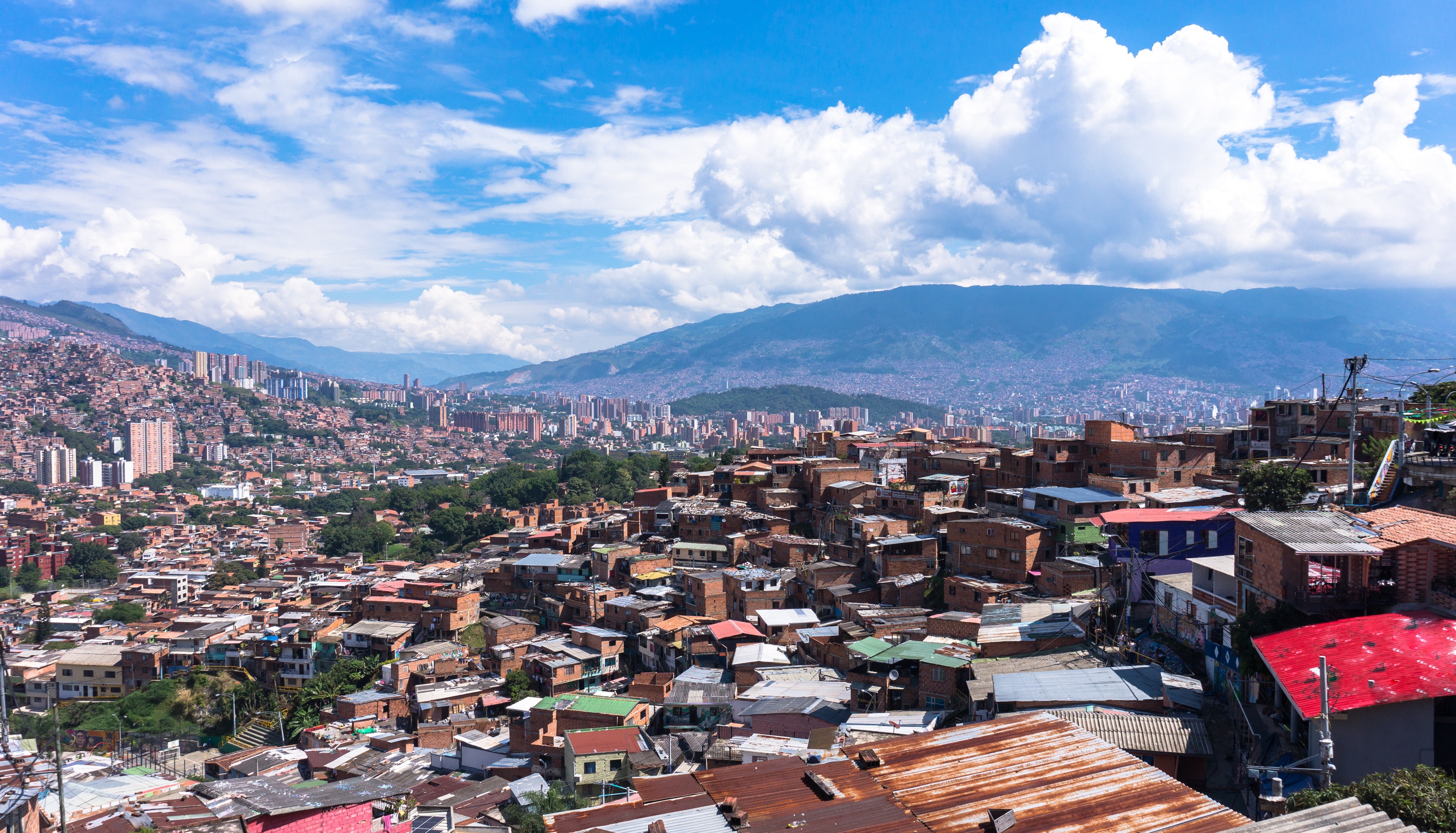
Medellín announced as the sixth AT2030 Inclusive Infrastructure Case Study
The Global Disability Innovation Hub is delighted to announce that under the UK Aid-funded AT2030 programme, the sixth and final case study of the Inclusive Infrastructure sub-programme will take place in the city of Medellín, Colombia. The case study will start in January 2023 with the aim of launching the report in early summer.
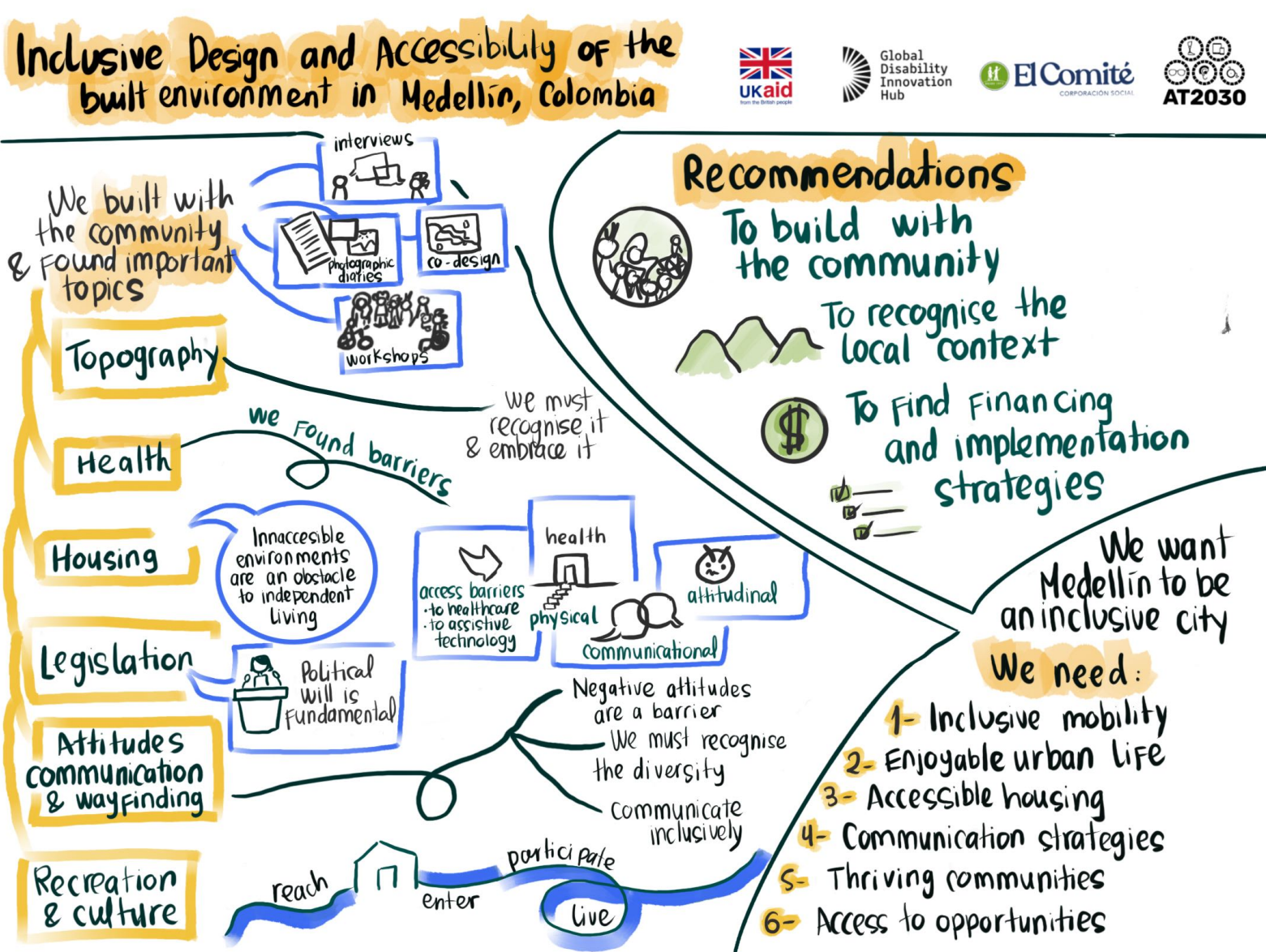
Communicating inclusive design in different ways - a story from Medellín, Colombia
Between December 2022 and July 2023, GDI Hub’s Inclusive Design team worked in Medellín, Colombia as one of our AT2030 Inclusive infrastructure case study cities - where we created graphics and videos to communicate the key findings of the project to diverse audiences, in both English and Spanish. This blog showcases these graphics.
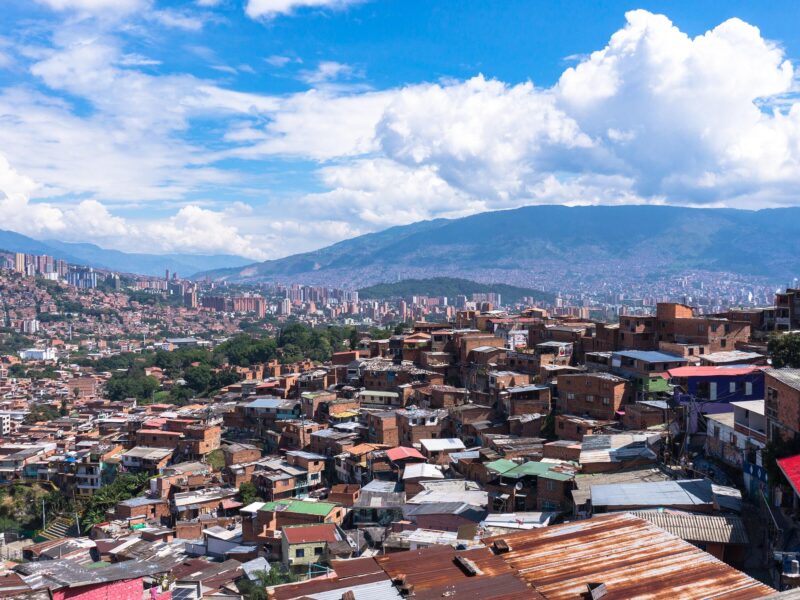
Launch event Inclusive Design Medellín
An online event to share the findings and recommendations for infrastructure, built environment and urban development in Medellín, Colombia.